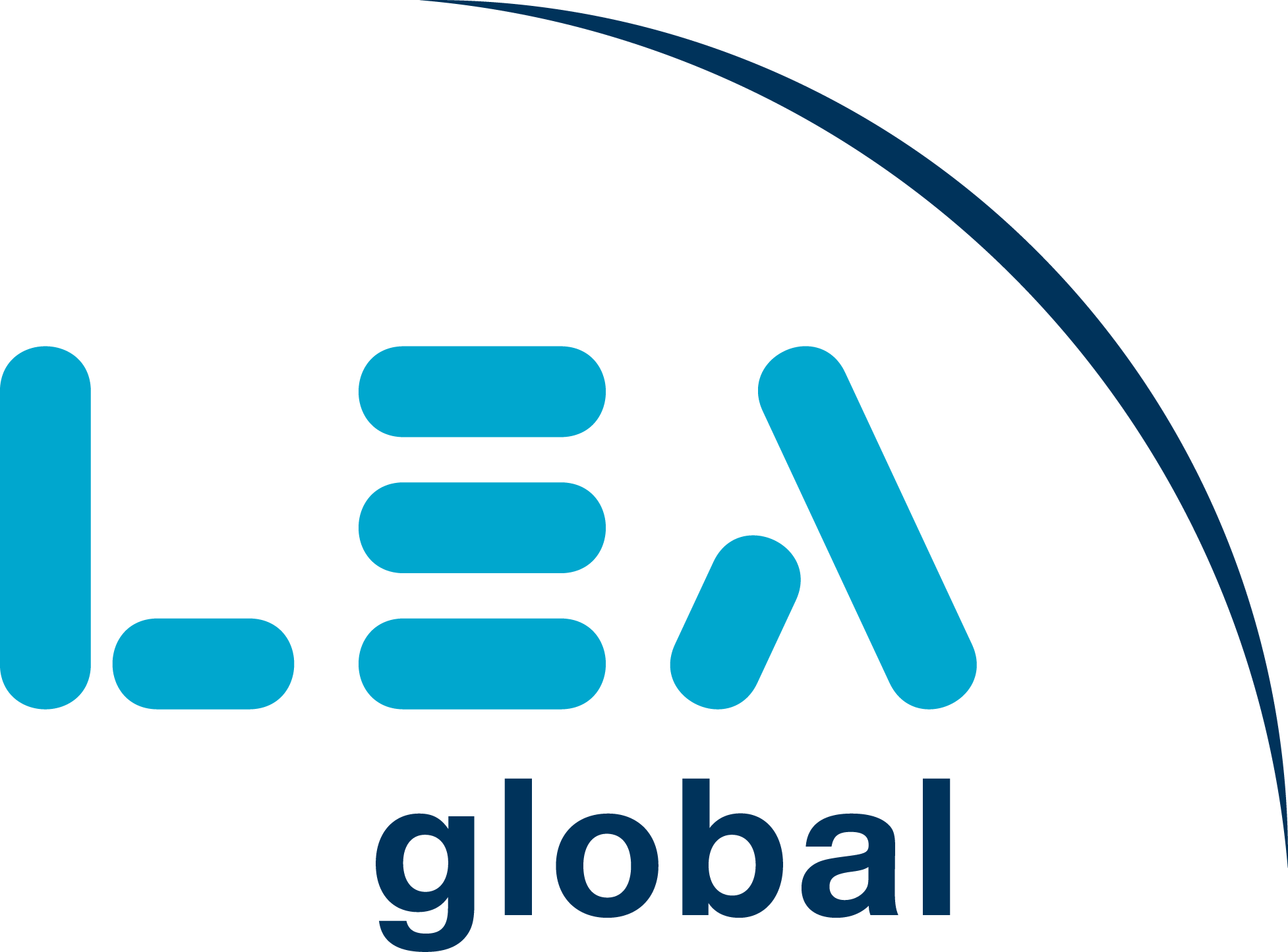India Launches New Schemes to Strengthen Pharmaceutical MSMEs

Posted by India Briefing Written by Naina Bhardwaj
India recently announced new schemes as components of its ‘Strengthening Pharmaceuticals Industry’ (SPI) initiative, which seeks to strengthen micro, small and medium enterprises (MSMEs) in the domestic pharmaceutical sector. These schemes intend to facilitate technological upgradation of MSMEs by providing credit linked capital and interest subsidy. The new schemes will also support MSMEs in setting up common facilities, including research centers, testing labs, and effluent treatment plant (ETPs), in pharmaceutical clusters.
On July 21, 2022, the federal government launched new schemes to strengthen micro, small, and medium enterprises (MSMEs) in the pharmaceutical sector. The objectives of the schemes, launched under the banner ‘Strengthening Pharmaceuticals Industry‘ (SPI), include technology upgradation, setting up common research centers, and operating effluent treatment plants in clusters for pharmaceutical MSMEs.
The Small Industries Development Bank of India (SIDBI) – the apex regulatory body for overall licensing and regulation of MSMEs – will be the project management consultant for implementing the three schemes under SPI.
What is the financial assistance offered under the three component SPI schemes announced for pharmaceutical MSMEs?
The three new schemes, announced by the Ministry of Chemicals and Fertilizers, are:
- Pharmaceutical Technology Upgradation Assistance Scheme (PTUAS): This scheme intends to provide support for pharmaceutical MSMEs with a proven track record – to upgrade their technology. The PTUAS scheme will provide a capital subsidy of 10 percent on loans up to INR 100 million with a minimum repayment period of three years or interest subvention of up to five percent on reducing balance basis.
|
Financial Outlay for PTUAS |
||||||
|
Year |
FY 2022 |
FY 2023 |
FY 2024 |
FY 2025 |
FY 2026 |
Total |
|
Outlay |
— |
INR 536 million |
INR 1043 million |
INR 1207 million |
INR 215 million |
INR 3001 million |
- Assistance to Pharma Industries for Common Facilities Scheme (API-CF): This scheme will strengthen the existing pharmaceutical clusters’ capacity for sustained growth. Under it, assistance of up to 70 percent of project cost or INR 200 million (whichever is less) will be provided. In case of the Himalayan and north-east region, the grant-in-aid would be INR 200 million per cluster or 90 percent of the project cost, whichever is less.
|
Financial Outlay for API-CF |
||||||
|
Year |
FY 2022 |
FY 2023 |
FY 2024 |
FY 2025 |
FY 2026 |
Total |
|
Outlay |
INR 103 million |
INR 366 million |
INR 619 million |
INR 441 million |
INR 155 million |
INR 1784 million |
Pharmaceutical and Medical Devices Promotion and Development Scheme (PMPDS): The PMPDS scheme is aimed at the creation of a database of the Indian pharmaceutical and medical device industry, along with preparation of study reports on topics of importance for the industry.
|
Financial Outlay for PMPDS |
||||||
|
Year |
FY 2022 |
FY 2023 |
FY 2024 |
FY 2025 |
FY 2026 |
Total |
|
Outlay |
INR 15 million |
INR 50 million |
INR 50 million |
INR 50 million |
INR 50 million |
INR 215 million |
What is the objective of the SPI schemes announced for pharmaceutical MSMEs?
- Financial assistance for creation and growth of pharmaceutical clusters: Strengthening existing infrastructure and facilities to make India a global leader in the pharmaceutical sector by providing financial assistance to pharmaceutical clusters for creation of common facilities to improve their quality and ensure the sustainable growth of each cluster.
- Production facility upgradation of MSMEs: Upgrading the production facilities of SMEs and MSMEs, to meet national and international regulatory standards, by providing interest subvention or capital subsidy on their capital loans, which will facilitate the growth in volumes as well as in quality.
- Aiding research and development in the industry: Promotion of knowledge and awareness in and about the pharmaceutical and medical devices industry by taking up studies, building databases and bringing industry leaders, academia, and policy makers together to share their knowledge and experience for overall development of the industry.
What are other schemes benefiting the Indian pharmaceutical sector?
Production linked incentive (PLI) schemes: The Indian pharmaceuticals market is supported by the following PLI schemes to boost domestic manufacturing capacity, including high-value products across the global supply chain. The implementing agency for these schemes is the Department of Pharmaceuticals (which is under the Ministry of Chemicals and Fertilizers).
The PLI scheme for the pharmaceutical sector was announced in the following two phases:
PLI scheme for Key Starting Materials (KSMs)/Drug Intermediates (DIs) and Active Pharmaceutical Ingredients (APIs) – PLI 1.0
PLI scheme for Pharmaceuticals – PLI 2.0
Promotion of bulk drug parks scheme: The federal government aims to develop three mega bulk drug parks in India in partnership with the states to reduce the manufacturing cost of bulk drugs in the country and dependency on other countries for bulk drugs. This scheme will also help in providing continuous supply of drugs and ensure delivery of affordable healthcare to people in India.
About Us
India Briefing is produced by Dezan Shira & Associates. The firm assists foreign investors throughout Asia from offices across the world, including in Delhi and Mumbai. Readers may write to [email protected] for more support on doing business in in India. We also maintain offices or have alliance partners assisting foreign investors in Indonesia, Singapore, Vietnam, Philippines, Malaysia, Thailand, Italy, Germany, and the United States, in addition to practices in Bangladesh and Russia

